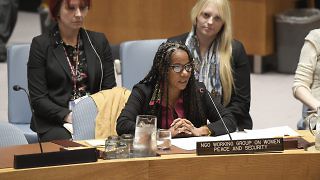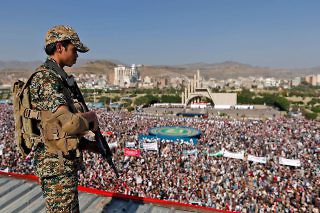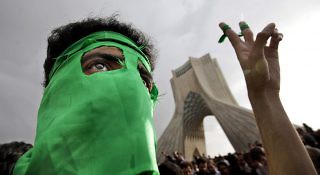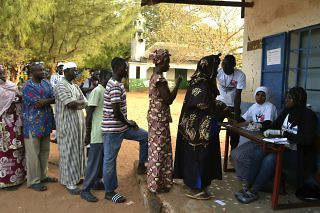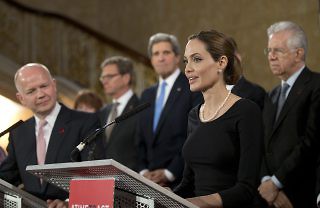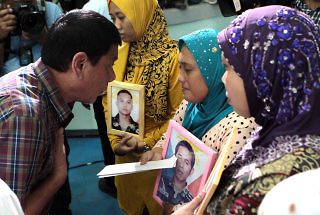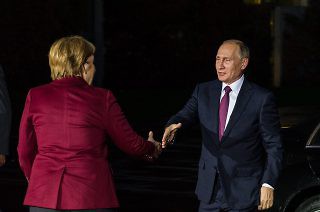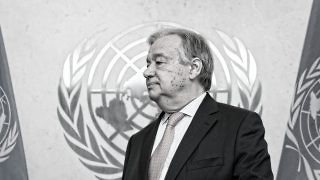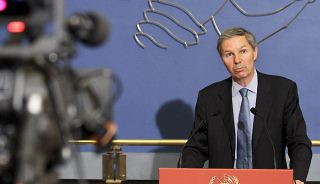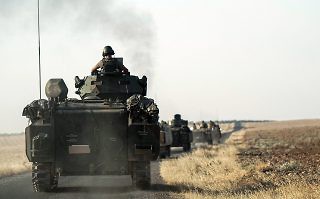Charo Mina-Rojas of Black Communities’ Process (Proceso de Comunidades Negras-PCN) in Colombia discusses the peace process, the role of governments in protecting minorities, and the importance of including gender and ethnic perspectives in sustaining peace.
Tag: conflict
-
-
The violence in Yemen continues and the situation tells the tale of an on-going civil war, multiple factions with diverging interests, and a wide range of unaddressed grievances of a deeply divided society. Media outlets and the international community focus primarily on the conflict between the government of President Abdrabbuh Mansour Hadi and the Houthis, but there are other worrisome disputes that endanger the prospect of any future stabilization.
-
Political corruption allows non-democratic leaders to build political support through networks of dependency, extending the duration of their regimes.
-
Both Burundi and The Gambia offer a chance to connect prevention to elections in particular, and to adapt new thinking around the role of prevention to build up democratic institutions and permit smooth, legitimate transfers of power.
-
Crucially, the UK’s position as one of the five permanent members on the UN Security Council helped create a new understanding of threats to international peace and security.
-
The Duterte administration can ill afford further delays to the Mindanao peace process.
-
If the US is indeed to abandon its support of Ukrainian territorial integrity, it would put the onus on European countries to take a stronger position.
-
From Rwanda during the 1990s to Syria today, the mass killing of civilians strikes at the very idea of an international community and undermines the UN’s founding principles.
-
Jean-Marie Guéhenno, President of International Crisis Group and former head of United Nations peacekeeping, discusses improving responses to contemporary conflicts.
-
Turkey’s apparent volte-face of realigning its Syria policy with those of Iran and the Assad regime seems dramatic even by Middle Eastern standards of geopolitical flux.
